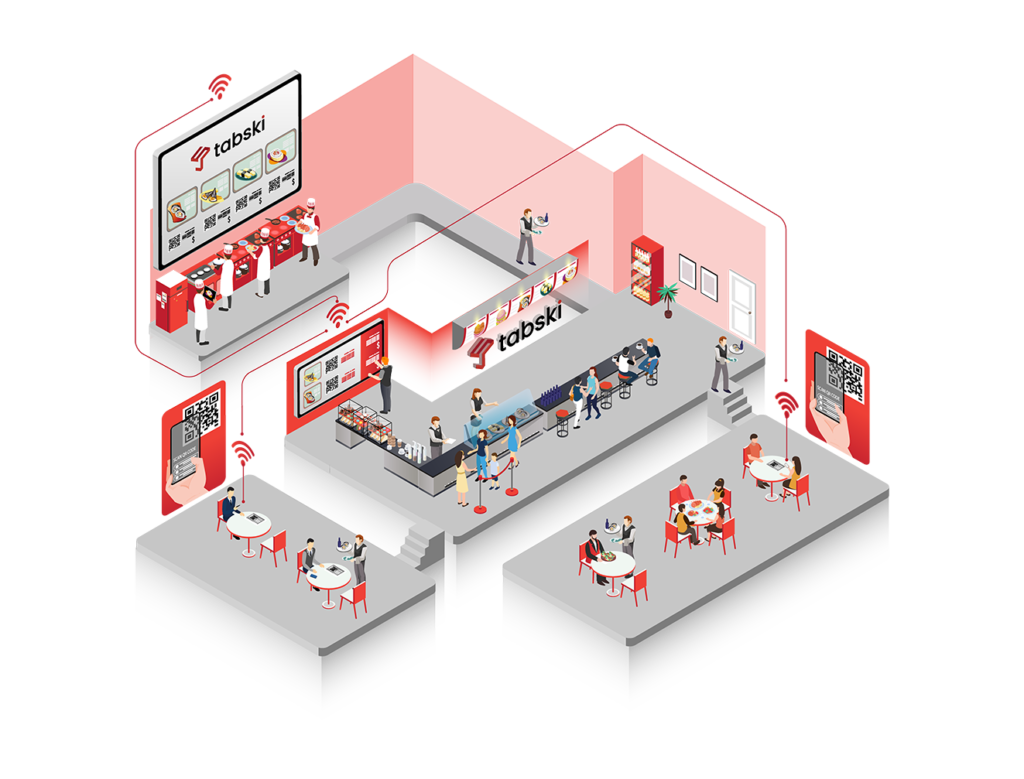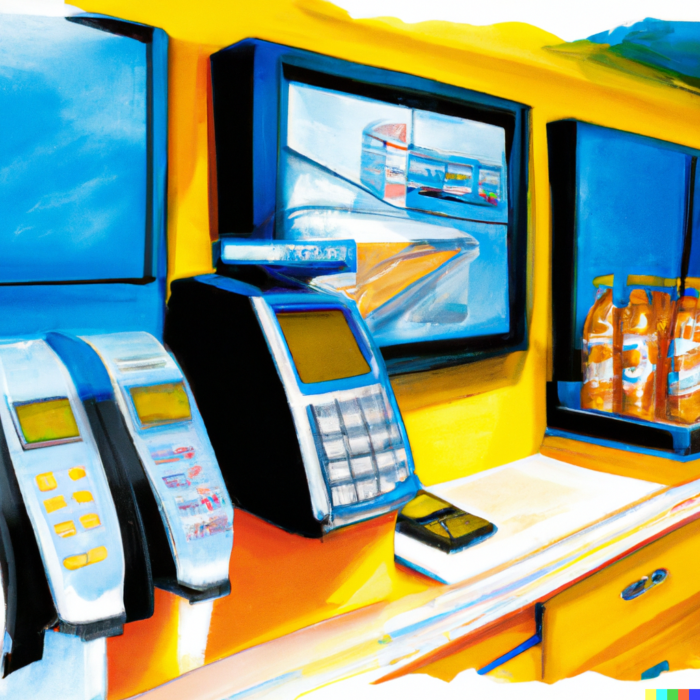As the payments industry continues to evolve and adapt to new technologies, it’s becoming increasingly clear that Independent Sales Organizations (ISOs) need to embrace software vendors in order to stay relevant and competitive in the market. In the past, ISOs have primarily focused on selling credit card terminals to merchants, but with the rise of software-based point of sale (POS) systems, this traditional business model is becoming less and less viable.
One of the main reasons why ISOs need to pivot towards software vendors is because legacy ISOs selling credit card terminals are quickly becoming irrelevant. With the proliferation of mobile devices and the increasing adoption of software-based POS systems, merchants are no longer reliant on traditional hardware-based terminals to process transactions. This shift towards software-based solutions is only going to continue in the coming years, and ISOs that don’t adapt risk being left behind.
But it’s not just about staying relevant – embracing software vendors can also help ISOs to increase the value of their portfolios and make their customer relationships more sticky. By adding software residuals to their portfolio, ISOs can generate recurring revenue streams that are more predictable and sustainable than the one-time sales of hardware-based terminals. This can not only help ISOs to increase their multiples, but it can also make their customer relationships more durable. Merchants are more likely to stick with an ISO that is providing them with a software-based solution that they rely on, rather than one that is simply selling them a terminal.
In addition to the financial benefits, embracing software vendors can also help ISOs to attract 1099 agents. These agents are typically more attracted to ISOs that are offering innovative, software-based solutions, as it gives them a wider range of products to sell and a greater opportunity to differentiate themselves from the competition. By partnering with software vendors, ISOs can expand their product offerings and attract top-tier agents who are looking for cutting-edge solutions to offer to their customers.
Finally, embracing software vendors can help ISOs to compete against the growing threat of fintechs like Square and Toast. These companies have made significant inroads into the payments industry in recent years, offering software-based solutions that are often more convenient and cost-effective for merchants. By partnering with software vendors, ISOs can offer similar solutions and stay competitive against these up-and-coming players.
In conclusion, it’s clear that ISOs need to embrace software vendors in order to stay relevant and competitive in the rapidly-evolving payments industry. By adding software residuals to their portfolios, ISOs can increase the value of their portfolios, make their customer relationships more sticky, attract top-tier agents, and compete against the threat of fintechs. It’s not going to be an easy transition, but it’s one that ISOs need to make if they want to thrive in the coming years.

